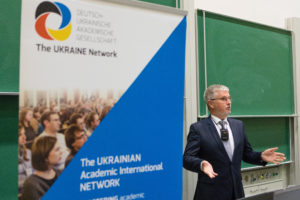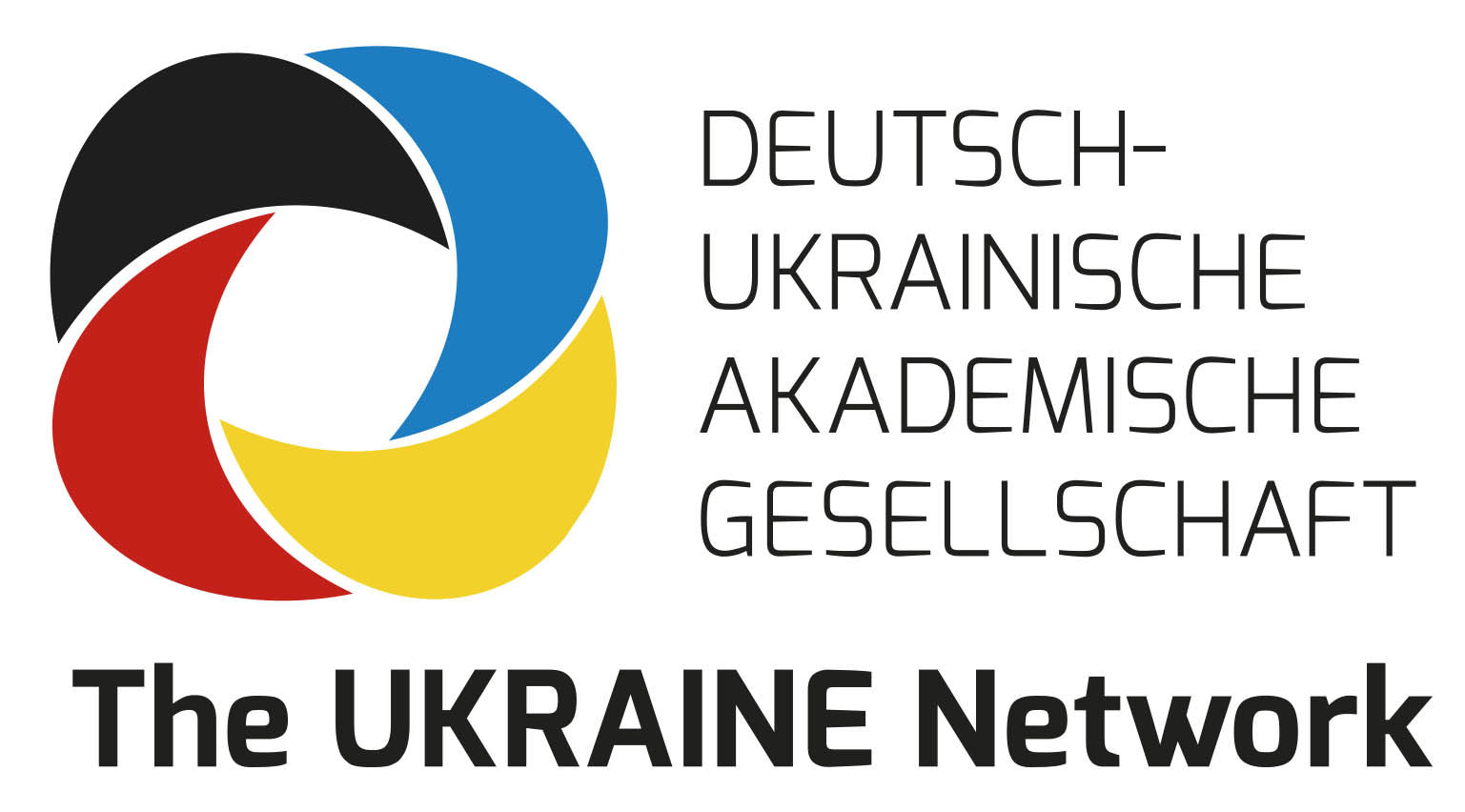
(For English version – please scroll down): Seit 2015 arbeitet ein international besetztes Forscherteam aus Kyjiw, Frankfurt am Main (bis 2020) und Halle an der Saale (seit 2021) in der antiken griechischen Kolonie Olbia Pontike im heutigen Oblast Mikolajiw. Das Projekt wird von dem DUAG-Mitglied Prof. Dr. Jochen Fornasier (Martin-Luther-Universität Halle-Wittenberg), und Dr. Alla Buyskikh (Institut für Archäologie der Nationalen Akademie der Wissenschaften der Ukraine in Kiew) geleitet. Dabei untersucht das Kooperationsprojekt mit modernsten archäologischen und naturwissenschaftlichen Methoden die Geschichte und städtebauliche Entwicklung einer antiken Stadt, die zu den wichtigsten historischen Denkmälern auf dem Territorium der heutigen Ukraine zählt. Zu Beginn des 6. Jhs. v.Chr. gegründet, entwickelte sich Olbia sehr schnell zu einer der bedeutendsten und einflussreichsten griechischen Zentren im Nordwesten des Schwarzen Meeres und bestimmte fortan für viele Jahrhunderte die politische, wirtschaftliche und kulturelle Entwicklung der gesamten Region. In dem soeben erschienenen Tagungsband „An den Ufern des Bug“ veröffentlicht das deutsch-ukrainische Forscherteam nun erstmals ausführlich seine aktuellen, spannenden Ergebnisse der archäologischen, numismatischen und naturwissenschaftlichen Analysen zur Frühzeit dieser Kolonie und präsentiert diese im Kontext der internationalen Forschung zu antiken Migrationsprozessen.
Since 2015, an international team of researchers from Kyiv, Frankfurt am Main (until 2020) and Halle an der Saale (since 2021) has been working in the ancient Greek colony of Olbia Pontike in today’s Mikolayiv oblast. of Ukraine. The project is led by Prof. Dr. Jochen Fornasier (Institute for Archaeological Sciences of the Goethe University Frankfurt/Main), a member of the DUAG, and Dr. Alla Buyskikh (Institute for Archaeology of the National Academy of Sciences of the Ukraine in Kyiv). This long-standing cooperation uses state-of-the-art archaeological and scientific methods to investigate the history and urban development of an ancient city that is one of the most important historical monuments on the territory of today’s Ukraine. Founded at the beginning of the 6th century BC, Olbia very quickly developed into one of the most important and influential Greek centers in the northwest of the Black Sea and henceforth determined the political, economic and cultural development of the entire region for many centuries. In the conference volume “On the Banks of the Bug”, which has just been published, the German-Ukrainian research team now publishes for the first time in detail its current, exciting results of Publication:
This fruitful collaboration is funded by the DFG:
- A changing cityscape. Comprehensive new conception of the genesis of Olbia Pontica for the archaic and classical period. (Since 2019)
- Coins from a Greek colony: Money, Exchange and Identity in Olbia Pontike from the Archaic to the Early Hellenistic period (Since 2018)
- Urban development in Antiquity at the border of the Greek oikoumene. Archaeological investigations in the outer urban territory of Olbia Pontica (2014-2021)
and Thyssen Foundation.

1 thought on “Conference volume “On the Banks of the Bug” brings together archaeological, numismatic and scientific analyses on the early period of the ancient Greek colony of Olbia Pontike”
Comments are closed.